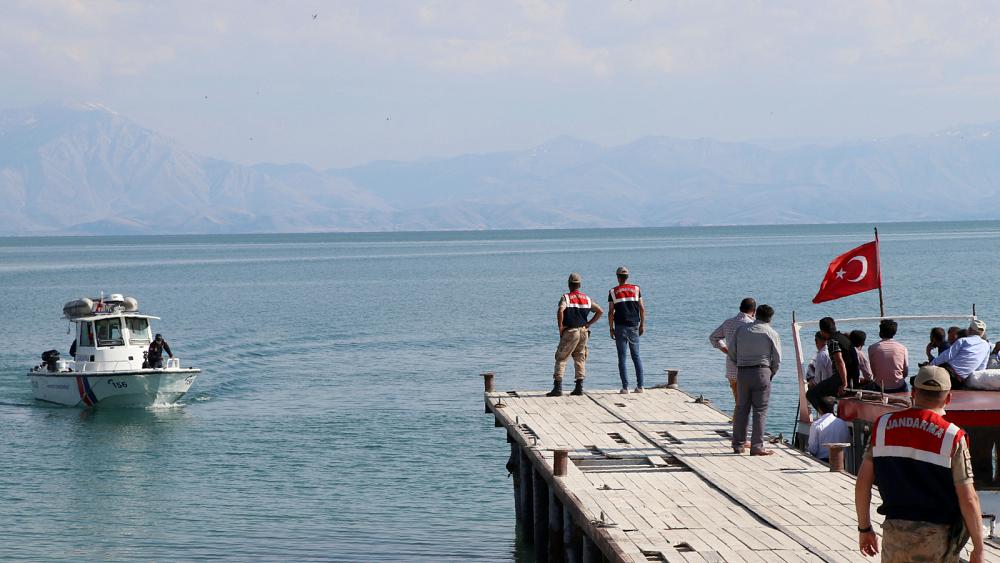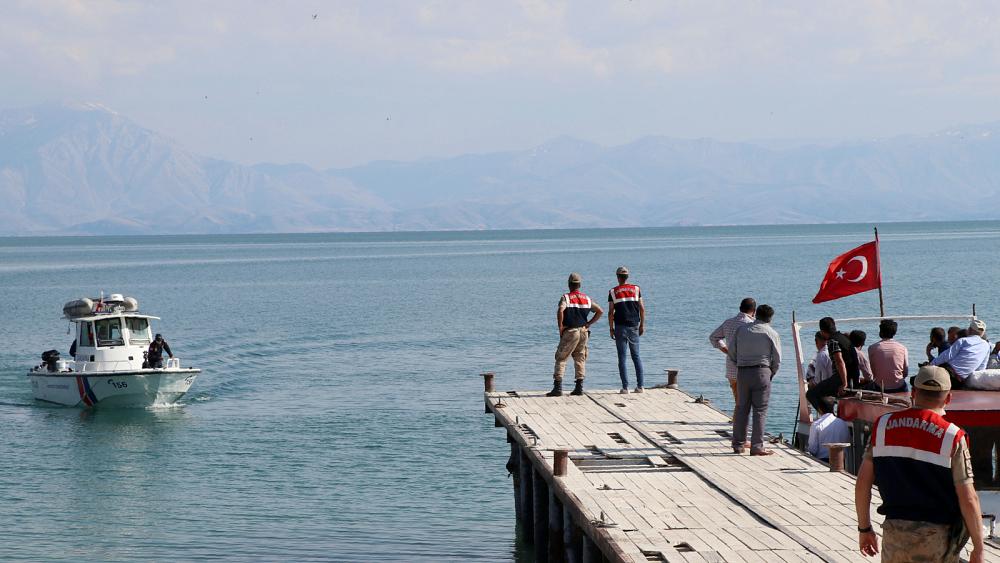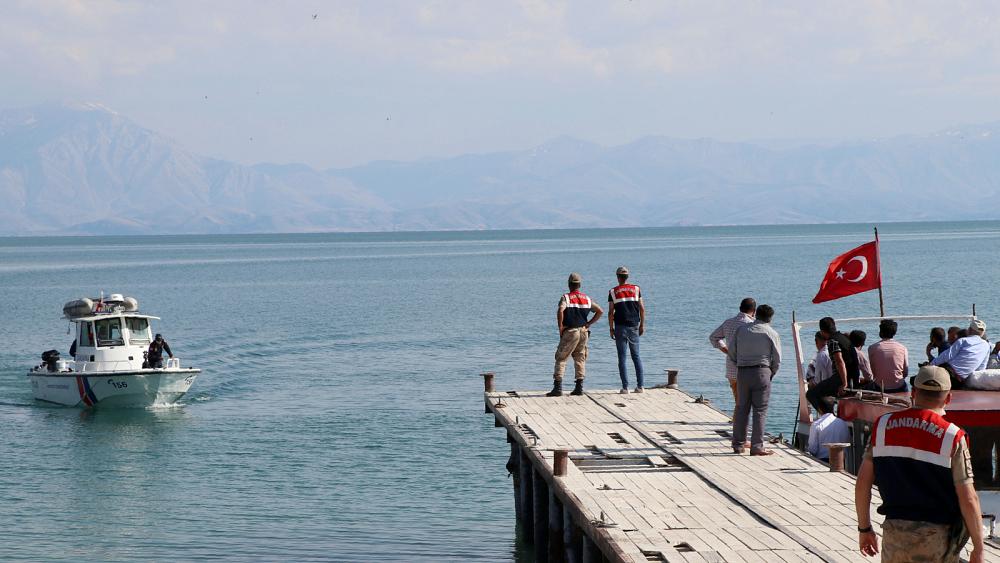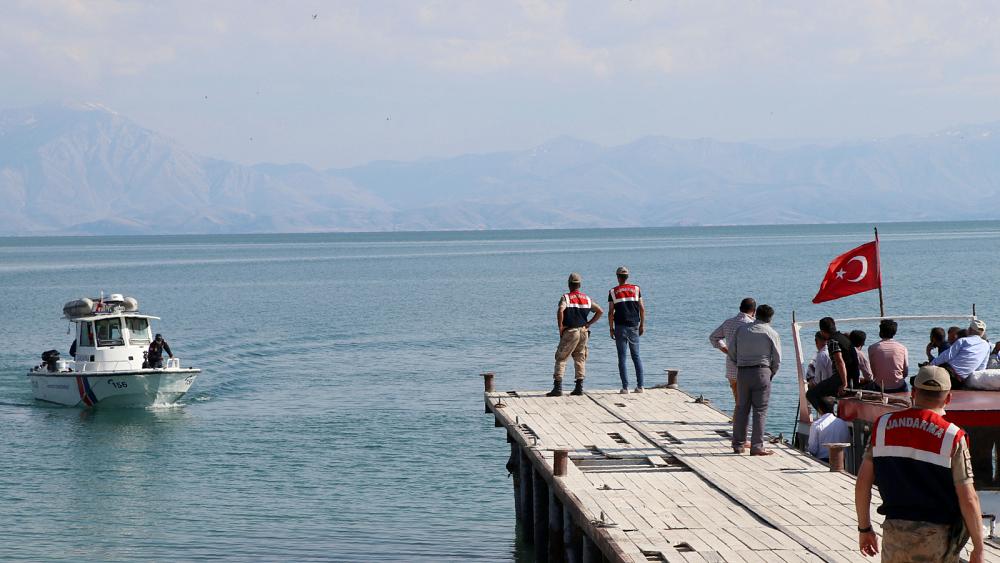Gravestones marked with identity numbers are all that remains of scores of migrants who tried to make the deadly crossing into Europe but were killed after their boat sank in a Turkish lake.
Lake Van, Turkey’s biggest lake in the far east of the country, makes up part of the deadly route for Afghan, Pakistani and other migrants seeking security and economic opportunities in Europe.
By going through the lake, they can circumnavigate checkpoints set up across the rugged eastern terrain of Turkey, not far from Iran.
Two boats sunk in June in December, claiming a total of 68 lives.
The migrants were hoping to reach Greece.
Before reaching the lake, the migrants must often cross perilous border mountains. Villagers often discover frozen bodies after the snow melts.
In Van Province, two cemeteries were set up to bury migrants who could not be identified. In one, there were freshly dug graves, awaiting the next victims.
Those who successfully make the crossing are put into refugee camps on the island of Lesbos in Greece.
Abbas Khasimi, an Afghan migrant, decided against making the potentially deadly journey to Europe.
He said, “At first, when I spoke to the smuggler, we had agreed on the fact that he would take us to Greece, but I decided to stay for the lives of my wife and my child because the trip was too dangerous. But we would still like to reach Europe”.
Legal experts working with the migrants believe that small scale traffickers, who previously only smuggled tea and sugar are now trafficking people because of the vast sums of money involved.
Turkey had become a migrant hub due to its geographical position.
But it has become increasingly difficult to cross since the start of the migrant crisis in 2015.
In 2016, Ankara and Brussels signed a migration pact, which aimed to discourage refugees and migrants from entering Europe. Under the deal, Turkey agreed to take back migrants who enter Greece, and send legal refugees to EU.
But since 2018 measures have been stepped up in Turkey as it battles an economic crisis and is already home to four million migrants, the majority of them from war-torn Syria.
Related posts:
Views: 0
 RSS Feed
RSS Feed















 August 30th, 2020
August 30th, 2020  Awake Goy
Awake Goy 
 Posted in
Posted in  Tags:
Tags: 



















